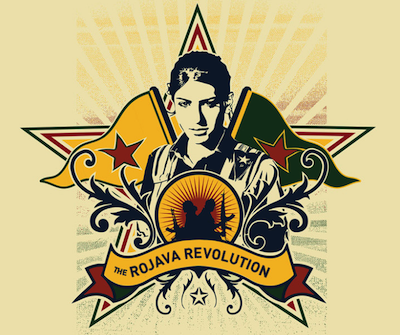 The ongoing capitalist crisis, and the impacts of COVID19, have made it clear that the capitalist and state system we live under is neither efficient nor just. Inequality has hit record levels and a small elite has more wealth than ever, while the very basics – such as a decent healthcare, water, housing, sanitation, food and electricity – cannot be effectively financed, run nor delivered. Politicians in every state abuse their power too and corruption is rife, only its severity varies. Parliamentary democracy is largely hollow with a majority of people having no real political power. The oppression of women and people of colour continues unabated and imperialism deepens everyday. Due to the ever-expanding nature of capitalism the ecology is on the verge of collapse. It is clear a movement for change and an alternative to capitalism and the state system is needed.
The ongoing capitalist crisis, and the impacts of COVID19, have made it clear that the capitalist and state system we live under is neither efficient nor just. Inequality has hit record levels and a small elite has more wealth than ever, while the very basics – such as a decent healthcare, water, housing, sanitation, food and electricity – cannot be effectively financed, run nor delivered. Politicians in every state abuse their power too and corruption is rife, only its severity varies. Parliamentary democracy is largely hollow with a majority of people having no real political power. The oppression of women and people of colour continues unabated and imperialism deepens everyday. Due to the ever-expanding nature of capitalism the ecology is on the verge of collapse. It is clear a movement for change and an alternative to capitalism and the state system is needed.
One alternative that is proving to be viable in large parts of the Kurdish majority areas of the Middle East is Democratic Confederalism. In South Africa there is much we can learn, adopt and adapt from Democratic Confederalism for local movement building.
Continue reading


 In this education series we look at experiments, which have arisen through working class struggles, to create alternatives to capitalism. This will include looking at present and past alternatives to capitalism. In doing this, we are not saying these experiments should be carbon copied – they have often taken place in very different times and contexts.
In this education series we look at experiments, which have arisen through working class struggles, to create alternatives to capitalism. This will include looking at present and past alternatives to capitalism. In doing this, we are not saying these experiments should be carbon copied – they have often taken place in very different times and contexts.
